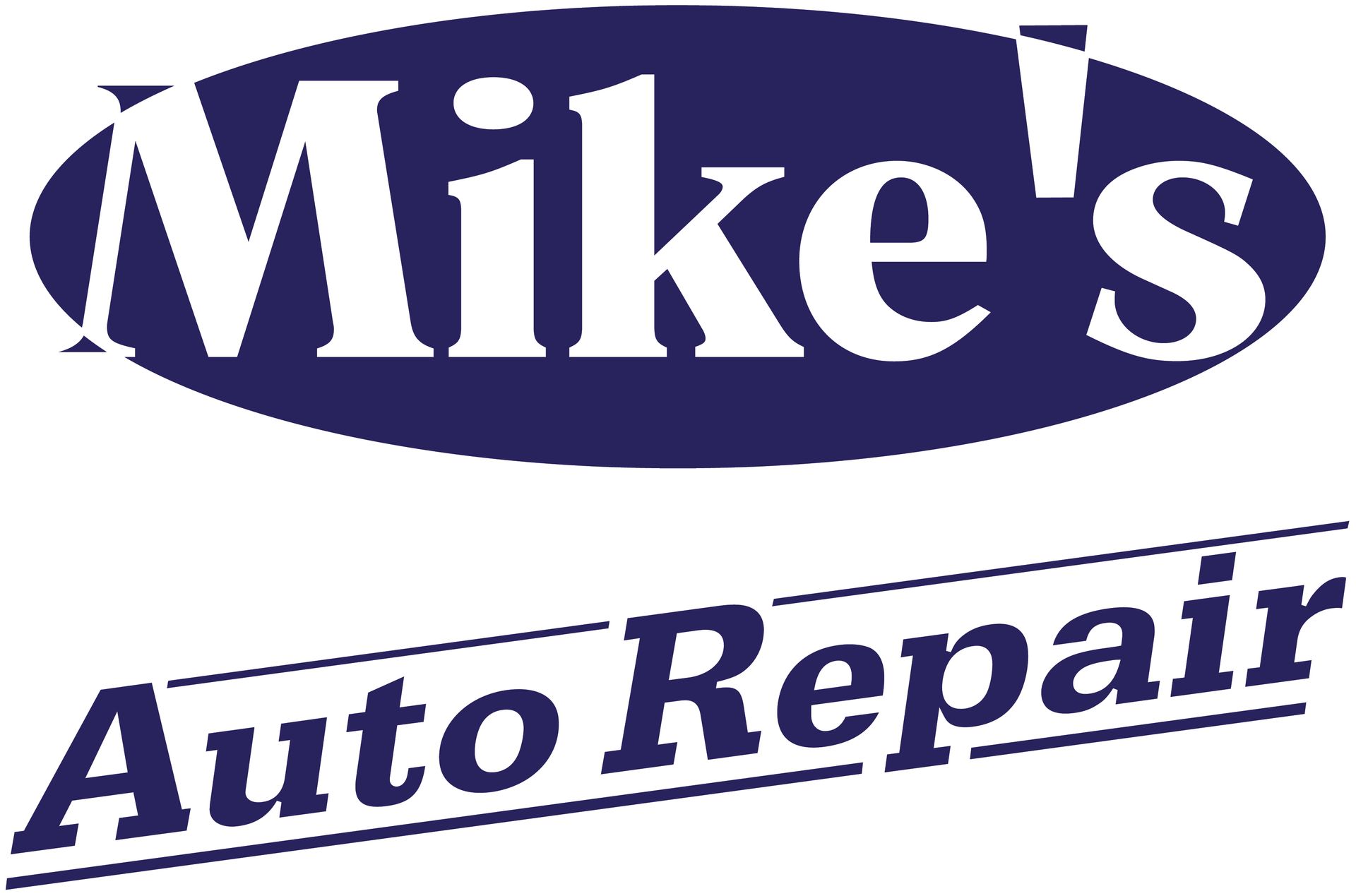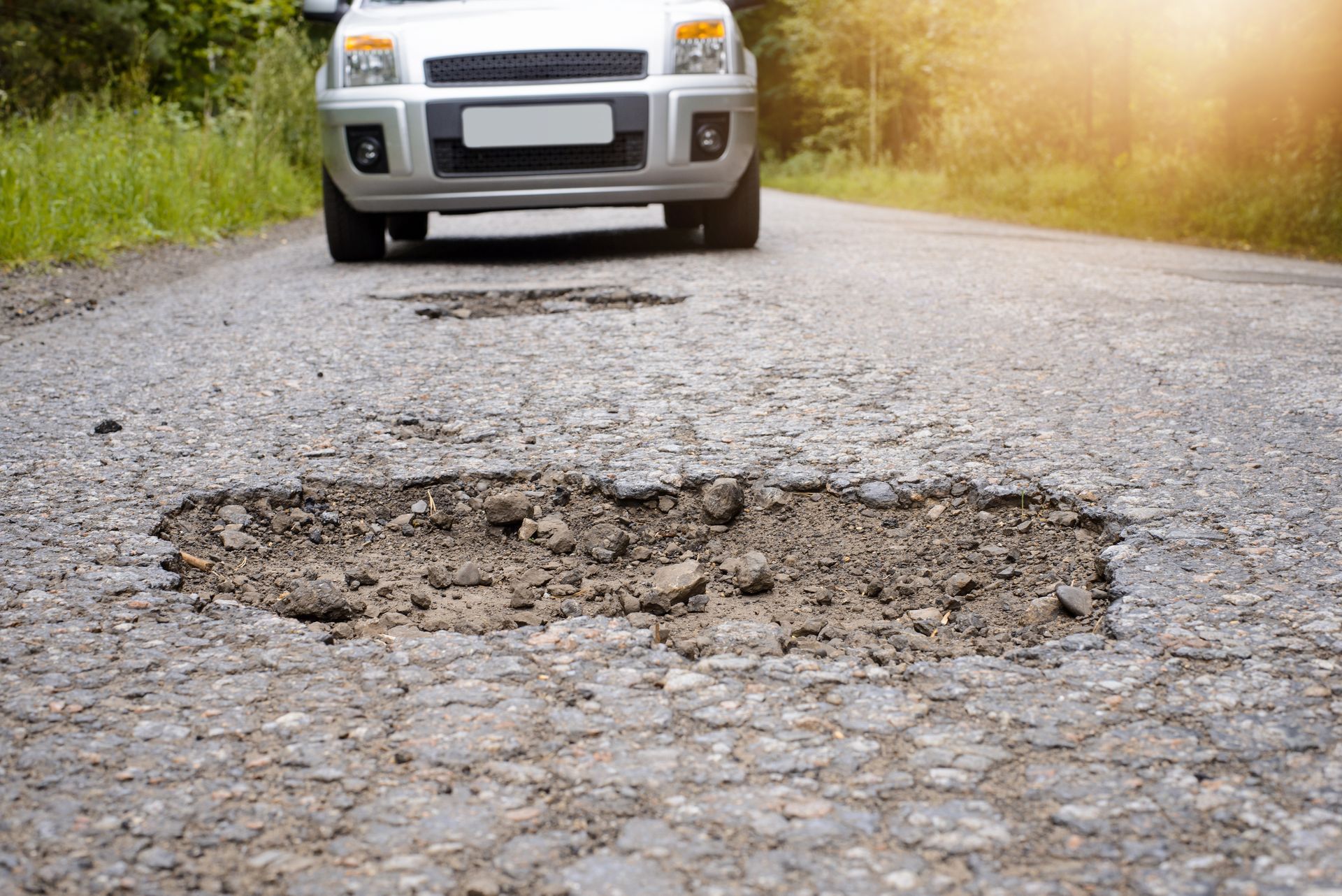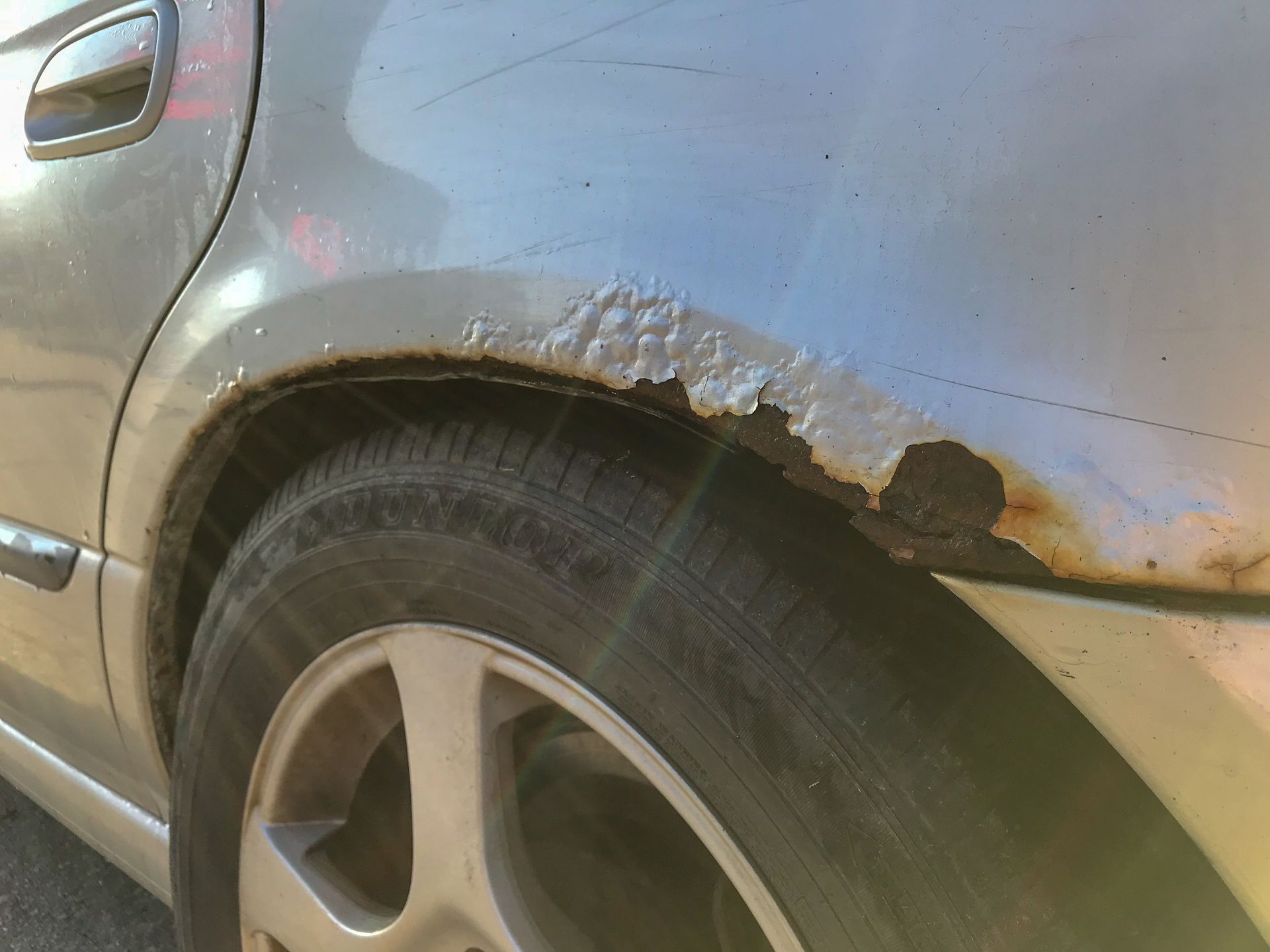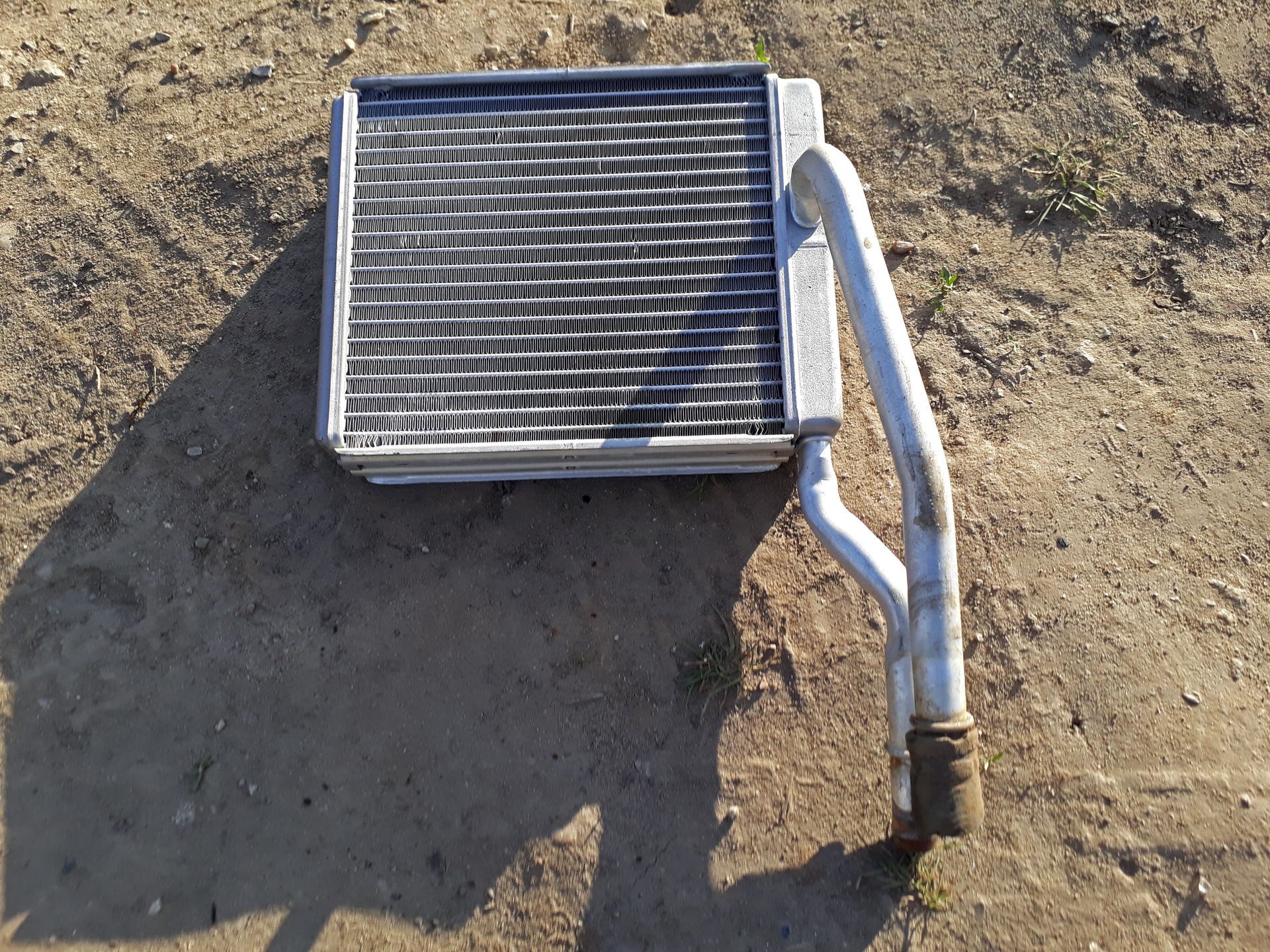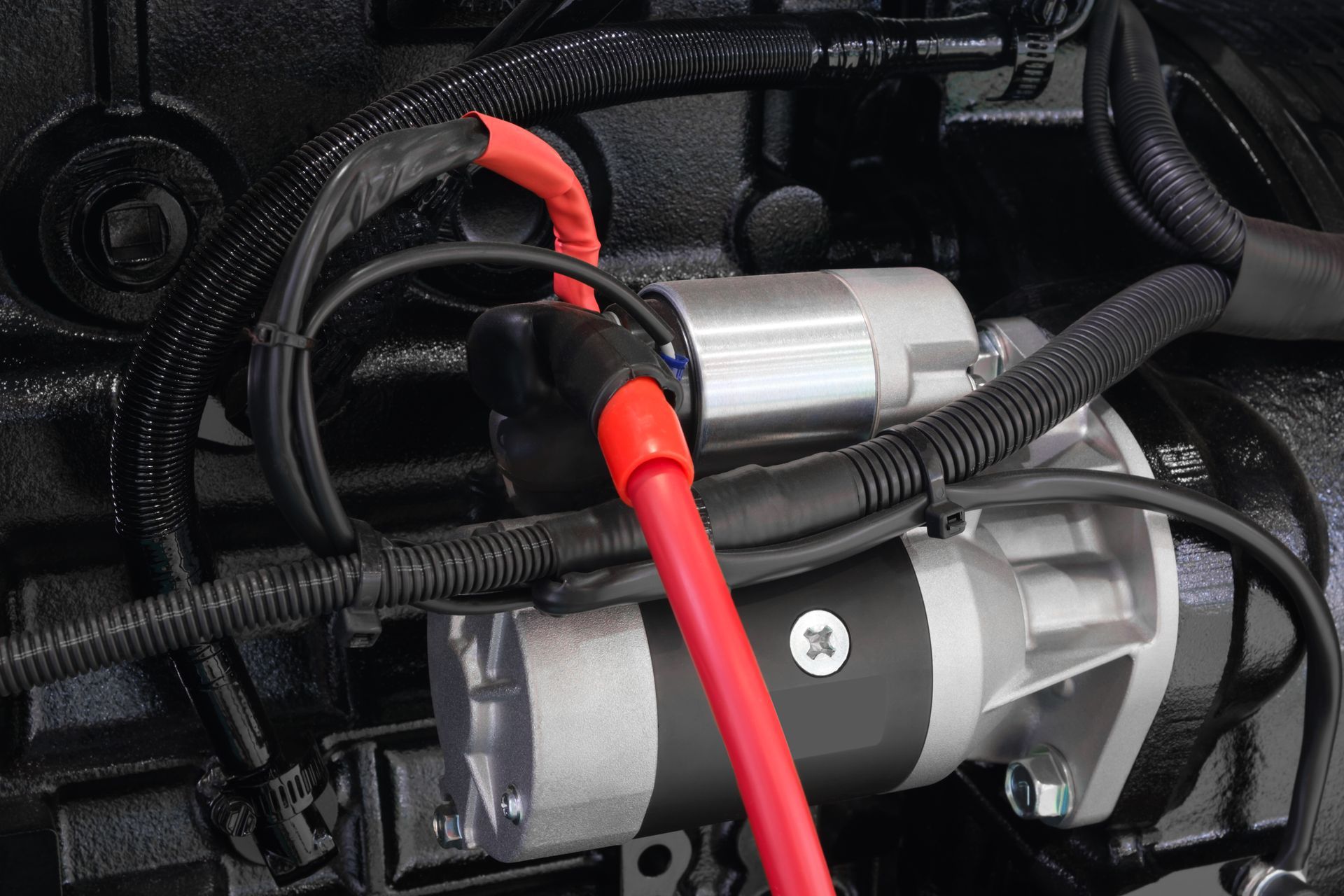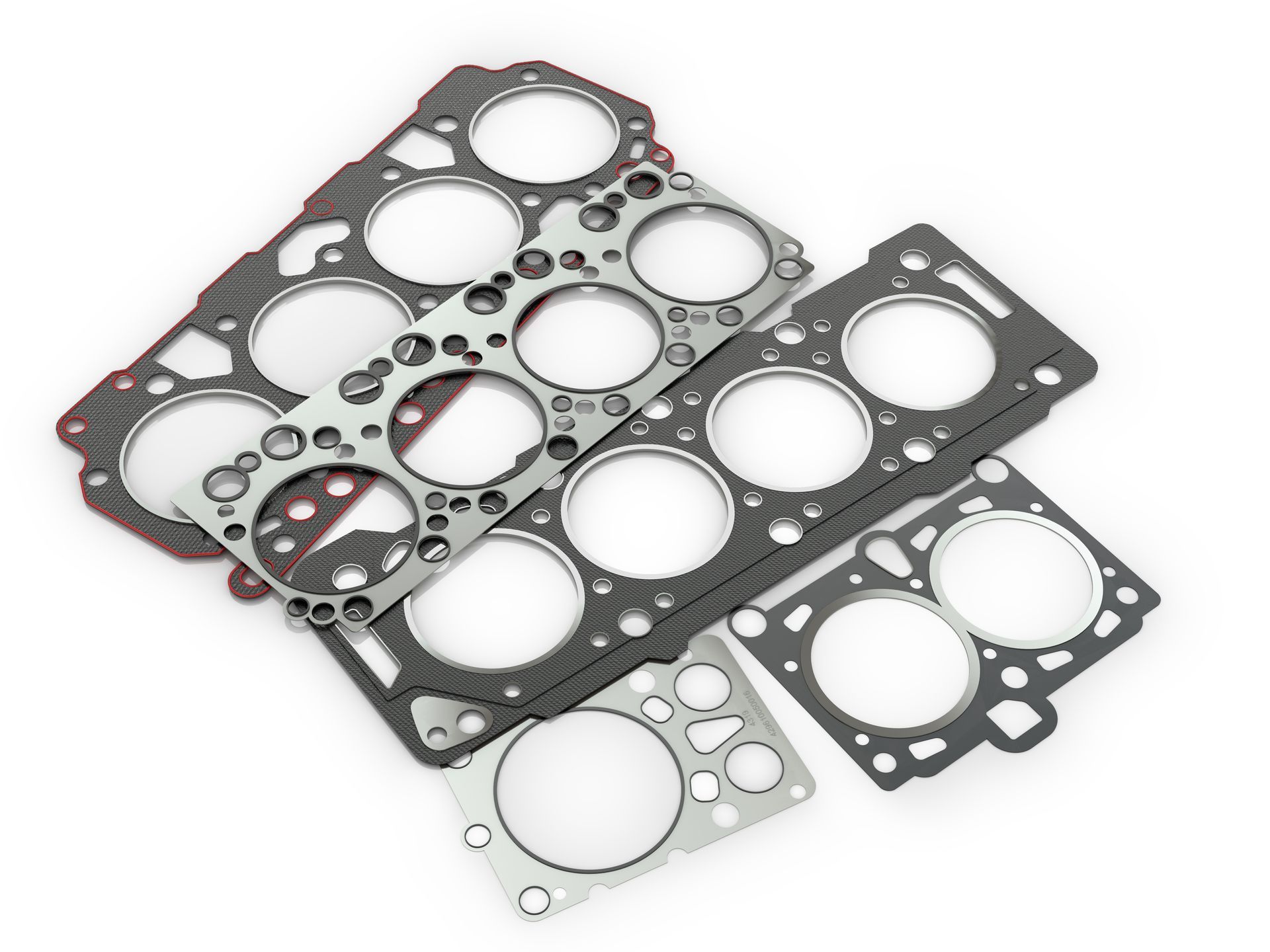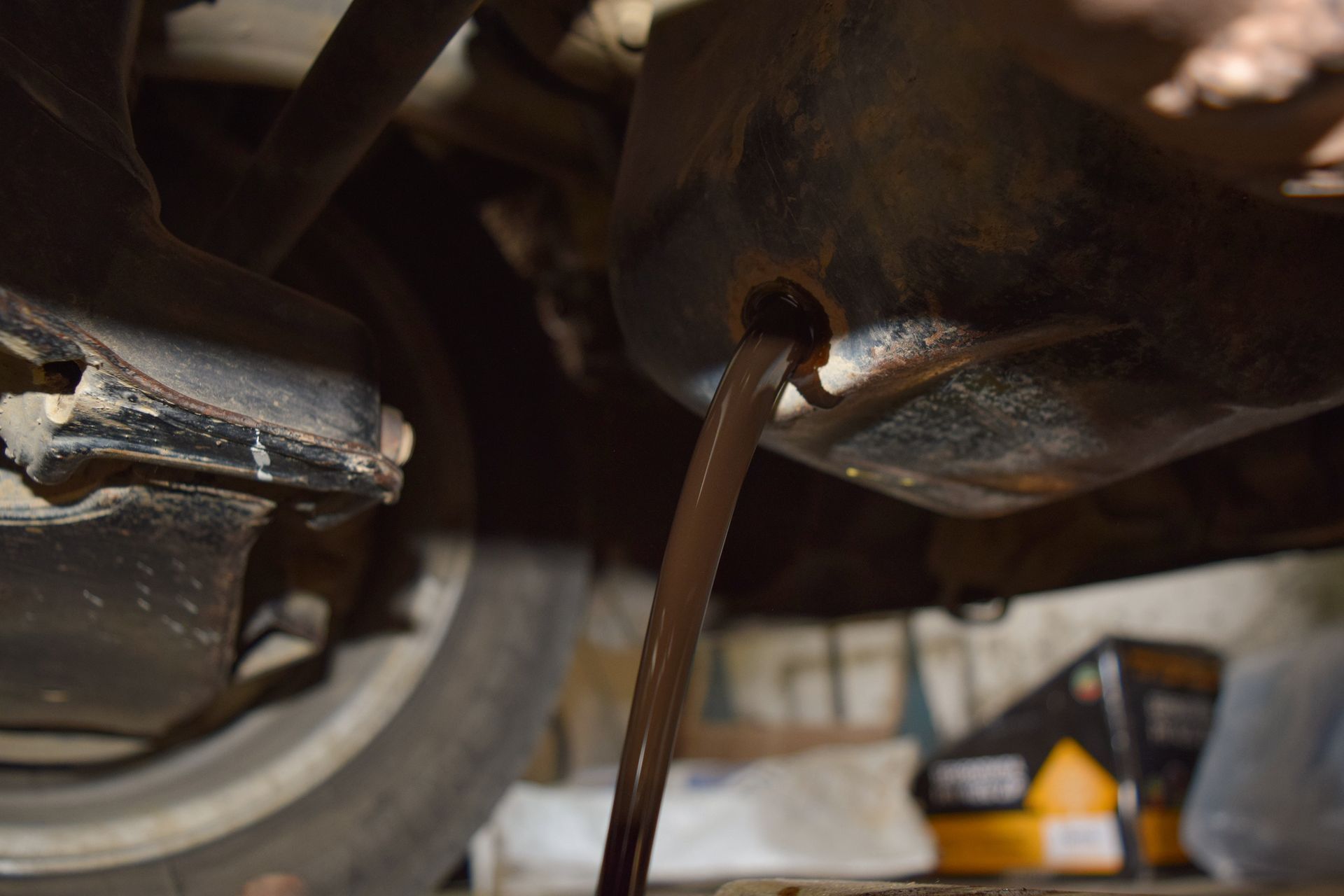If your oil level seems to drop between oil changes, even though there are no visible leaks under your car, you’re not alone. Many modern engines are designed for efficiency, but this can sometimes result in higher-than-expected oil consumption. While using a little oil is normal, excessive oil burn often signals a deeper issue that needs professional attention.
We regularly help drivers in Lake Geneva identify and correct oil consumption problems before they lead to long-term engine damage. Here’s what you need to know if you’re adding oil more often than expected.
How Much Oil Burn Is Considered Normal
The amount of oil a vehicle uses depends heavily on the manufacturer’s guidelines, the engine design, and how the car is driven. In most cases, it’s normal for a modern passenger car to use between 0.05 and 0.3 deciliters of oil per 1,000 kilometers (roughly a quart every 1,000 to 1,500 miles). However, newer engines typically have tighter tolerances and should consume less oil than older engines.
If you’re adding oil more than once between scheduled oil changes, or if your oil light comes on before it should, it’s worth having your engine checked for internal wear or system malfunctions.
Why Modern Engines Use More Oil
Modern engines are designed with high performance and fuel efficiency in mind. Features like turbocharging, direct injection, and low-friction components help achieve these goals but can also lead to unintended oil burn.
For example, low-tension piston rings are used to reduce friction and boost fuel economy. However, they may also allow more oil to slip past into the combustion chamber, where it burns off. Turbocharged engines run hotter and put extra pressure on gaskets and seals, which can increase oil loss if those components begin to wear out.
Top Causes of Excessive Oil Consumption
If your oil levels are consistently dropping, one or more of the following issues may be to blame:
Worn piston rings
These rings are designed to seal the space between the piston and the cylinder wall. When they wear down, oil can pass into the combustion chamber and burn off during operation, often causing blue smoke from the tailpipe.
Aging engine seals or gaskets
Over time, seals around the valve cover, oil pan, or cylinder head can break down under heat and pressure. Even if you don’t see oil on the ground, it could be burning off inside the engine before it ever drips.
Faulty PCV system
The positive crankcase ventilation system regulates pressure inside the engine. When it malfunctions, pressure can build up and force oil past seals or into the intake system, where it burns off.
Incorrect or poor-quality oil
Using the wrong oil viscosity or a subpar lubricant can increase friction and engine temperature, speeding up internal wear and oil burn. High-performance or synthetic oils designed for your specific engine type are always the best choice.
Lack of routine oil changes
Old, dirty oil breaks down and becomes less effective at protecting your engine. This can lead to faster component wear, sludge buildup, and poor oil flow, all of which increase consumption.
Recognizing the Symptoms of Excessive Oil Use
Early detection is key. These signs may indicate that your engine is consuming too much oil:
- Blue or grey exhaust smoke during startup or acceleration
- Frequent need to top off oil between changes
- Noticeable drop in oil pressure
- Foul burning oil smell while driving
- Decreased engine performance or rough idling
If you see any of these symptoms, it’s time for a professional inspection.
How We Can Help Reduce Oil Consumption
At our shop, we take a thorough approach to oil consumption diagnostics. Our technicians check for leaks, inspect the PCV system, evaluate gasket integrity, and may recommend a compression test to check for piston ring wear. In some cases, simply switching to a high-mileage or manufacturer-specific oil can make a big difference.
If internal wear is identified, we’ll walk you through your repair options, whether that means valve seal replacement, ring repair, or an engine cleaning service to remove harmful carbon buildup. Whatever the cause, addressing it early helps avoid severe damage and costly repairs down the road.
Schedule an Engine Evaluation at Mike’s Auto Repair in Lake Geneva, WI
If your vehicle is using more oil than it should, don’t ignore it. Our team specializes in diagnosing and fixing oil consumption issues for modern engines. Whether it’s a gasket replacement or a deeper internal issue, we’ll get to the bottom of it and protect your engine’s long-term health.
Call
Mike’s Auto Repair in Lake Geneva, WI, to book your oil consumption inspection today. Let us help keep your vehicle running clean, smooth, and efficient.
